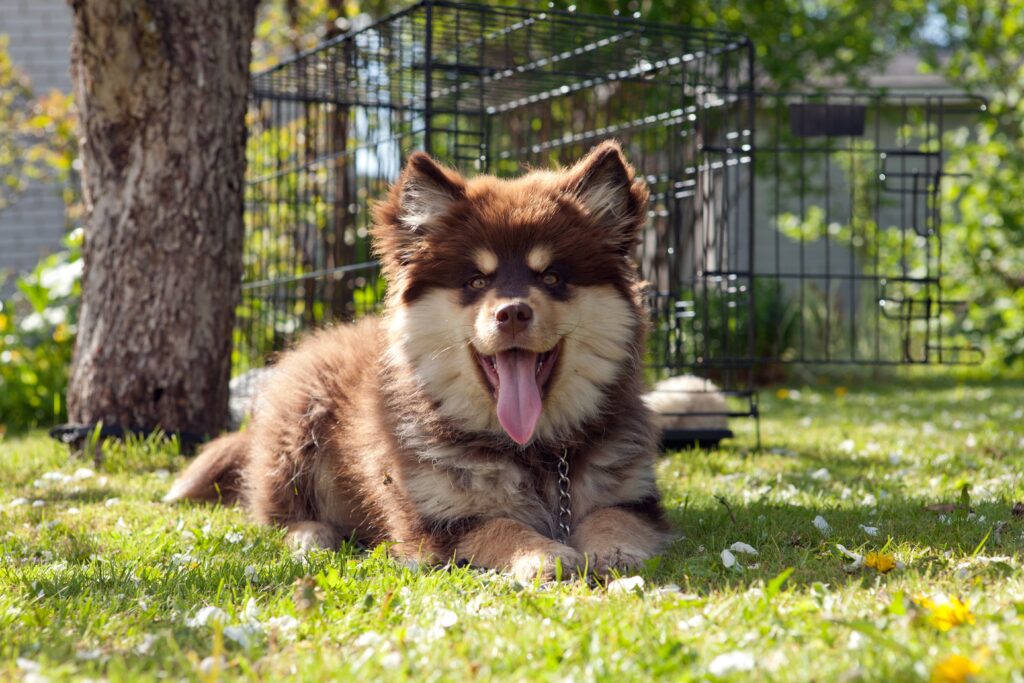Identifying a puppy from a puppy mill can be crucial to ensuring you’re supporting ethical breeding practices.
Here are some signs to look for…
- Lack of Socialization – Puppies from mills may be shy, fearful, or overly aggressive due to inadequate socialization during their early development.
- Poor Health – Look for signs of neglect, such as fleas, dirty coats, respiratory issues, or other health problems. Mill puppies often lack proper veterinary care.
- Limited Access to Parents – If you can’t meet the puppy’s parents, it may be a red flag. Responsible breeders should allow you to see the mother (and father, if possible).
- Inadequate Living Conditions – If the facility is dirty, overcrowded, or lacking proper ventilation, it may indicate a puppy mill. Puppies should be raised in clean, safe environments.
- Documentation Issues – Puppy mills may provide incomplete or falsified health records. Reputable breeders will have thorough documentation for health screenings and vaccinations.
- Puppies Available Year-Round – If a breeder always has puppies available, it could indicate a puppy mill mentality focused on profit rather than responsible breeding practices.
- No Breeder Knowledge – Responsible breeders are knowledgeable about their breeds and will answer your questions about health, temperament, and care. Puppy mill operators may not have this expertise.
- Pressure to Buy – If you feel rushed or pressured to make a purchase, it’s a red flag. Ethical breeders will want you to take your time to make an informed decision.
- Limited Breed Choices – Puppy mills often produce a variety of breeds without considering proper breeding practices, whereas reputable breeders usually specialize in one or two breeds.
Being vigilant and asking the right questions can help you avoid supporting puppy mills and choose a healthier, well-bred puppy!


